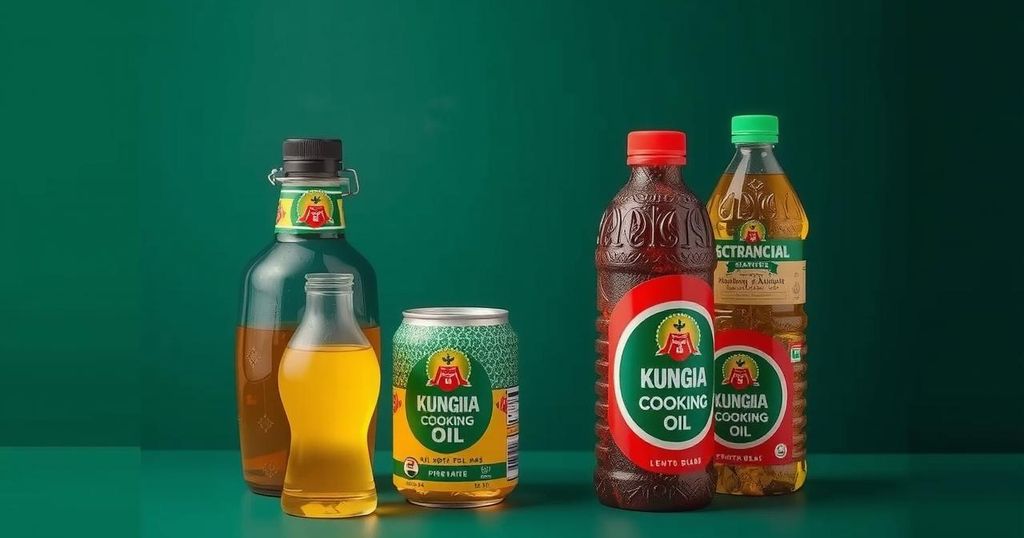COMESA’s report indicates that cooking oil prices in Kenya were inflated by 21% from July 2021 to December 2022, resulting in excess charges of Sh67.7 billion. The fair price per liter should have been Sh274, but consumers were charged Sh333. The oligopolistic market structure and lack of regulatory oversight contribute to these inflated prices, negatively impacting food security and national development.
A recent report from the Common Market for Eastern and Southern Africa (COMESA) has disclosed that consumers in Kenya were overcharged for cooking oil by 21% from July 2021 to December 2022. According to the COMESA Competition Commission (CCC), while a fair price for cooking oil should have been approximately Sh274 per liter, consumers were instead paying Sh333 per liter. This discrepancy resulted in excess charges amounting to Sh67.7 billion during the specified period, highlighting the substantial financial burden on Kenyan households.
The CCC’s analysis revealed that price hikes by manufacturers exceeded the actual increase in crude palm oil costs. Furthermore, even after the decline in crude palm oil prices post the first quarter of 2022, the retail prices of cooking oil remained artificially inflated through early 2023. Such persistent price variations indicate a significant divergence between input costs and consumer prices, which has been exacerbated by the oligopolistic structure of the vegetable oil market in the region. A limited number of companies exercise control over the entire supply chain, allowing them to set prices that benefit their financial interests rather than align with market conditions.
Historically, cooking oil prices in Kenya, Zambia, and South Africa were stable during 2019 and 2020, averaging around USD1.6 (Sh207) per liter. The current situation represents an alarming spike to Sh333 per liter, adversely affecting food security for many households in Kenya, especially the most vulnerable populations. The total excess charges of Sh67.7 billion are not just detrimental to consumers; they also result in missed opportunities for the country’s development, as these resources could have funded areas such as job creation, education, and healthcare improvements.
In light of these findings, the CCC has underscored the urgent need for heightened regulatory oversight of essential commodity markets. It is imperative to ensure affordability and accessibility of cooking oil, given its foundational role in dietary habits. Such measures are critical for safeguarding public welfare and improving the living standards of Kenyan families.
The issue at hand arises from a report issued by COMESA, which is focused on economic integration and trade within Eastern and Southern Africa. The findings reveal significant overcharging practices in the Kenyan cooking oil market, which have detrimental effects on consumers. The analysis of pricing trends in conjunction with the oligopolistic nature of the vegetable oil industry elucidates the disparity between actual costs of production and retail pricing. The financial implications of overcharging extend beyond household affordability, affecting broader economic development and national resource allocation.
In summary, the COMESA report has brought to light severe overcharging practices in the Kenyan cooking oil sector, amounting to Sh67.7 billion in excess charges. This situation calls for immediate regulatory reform to ensure price fairness and consumer protection. Given the essential nature of cooking oil in daily diets, safeguarding its affordability is crucial for enhancing food security and promoting overall public welfare in Kenya.
Original Source: www.mwakilishi.com







